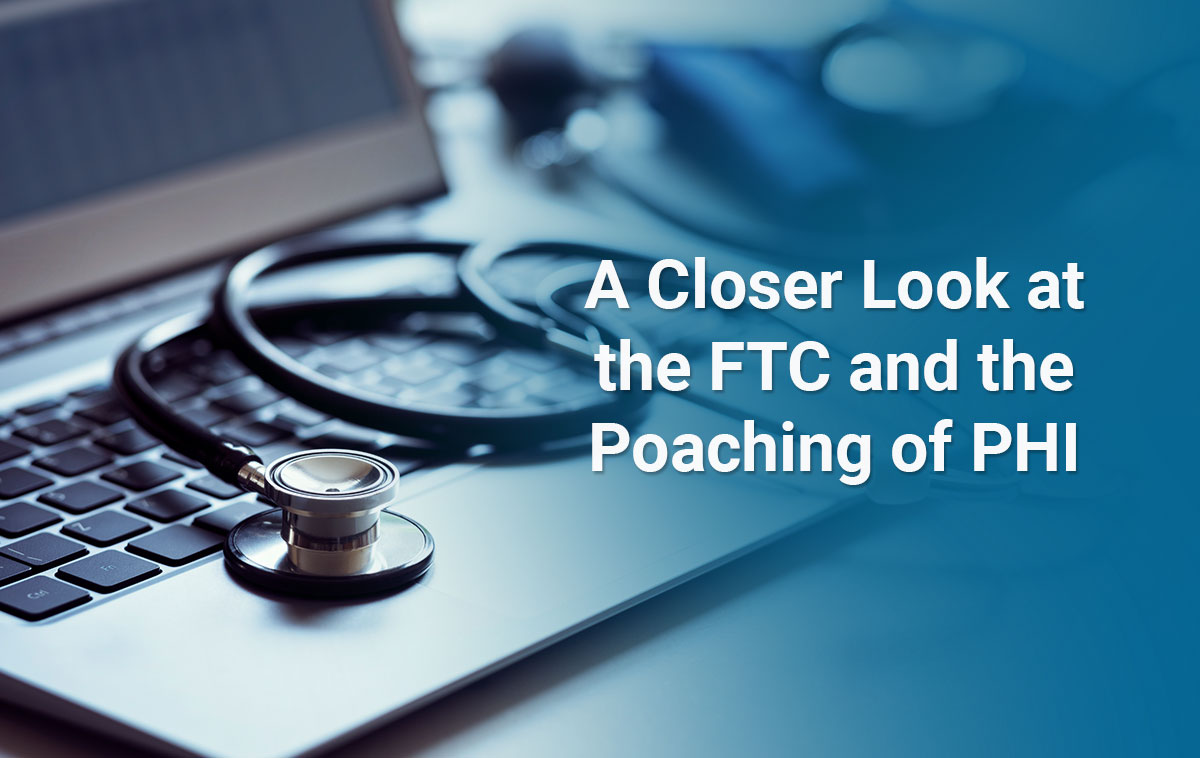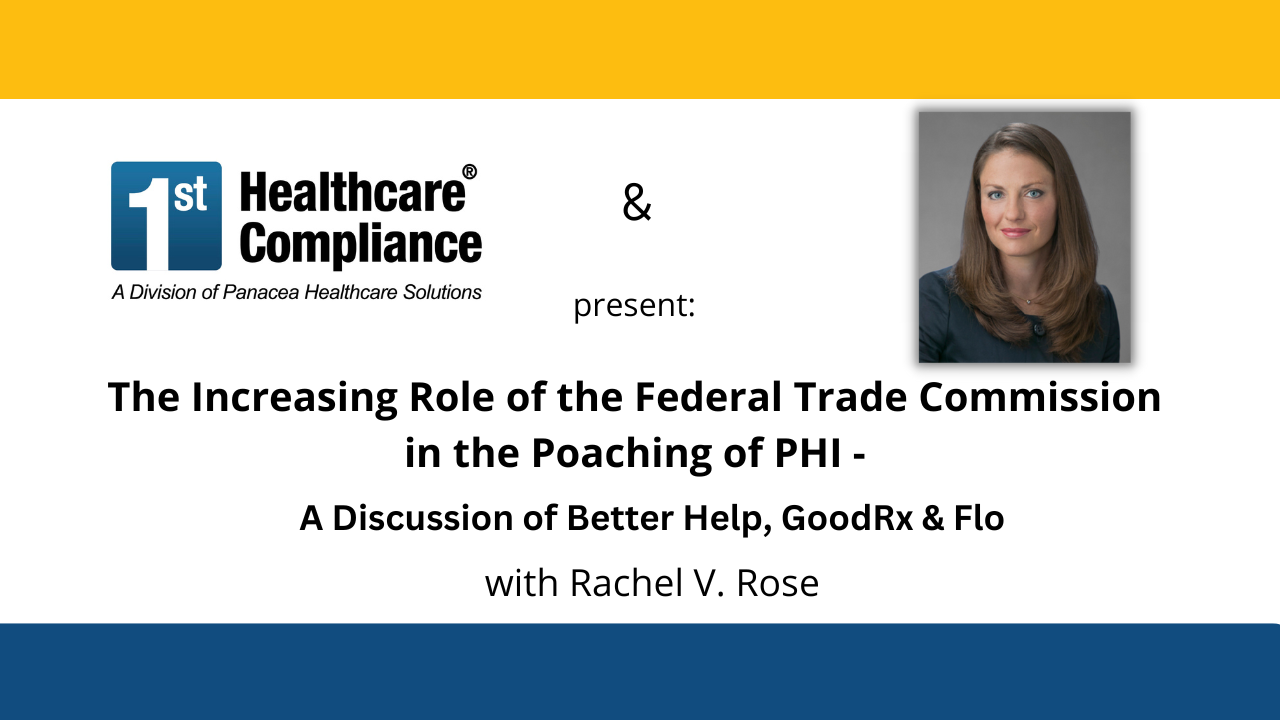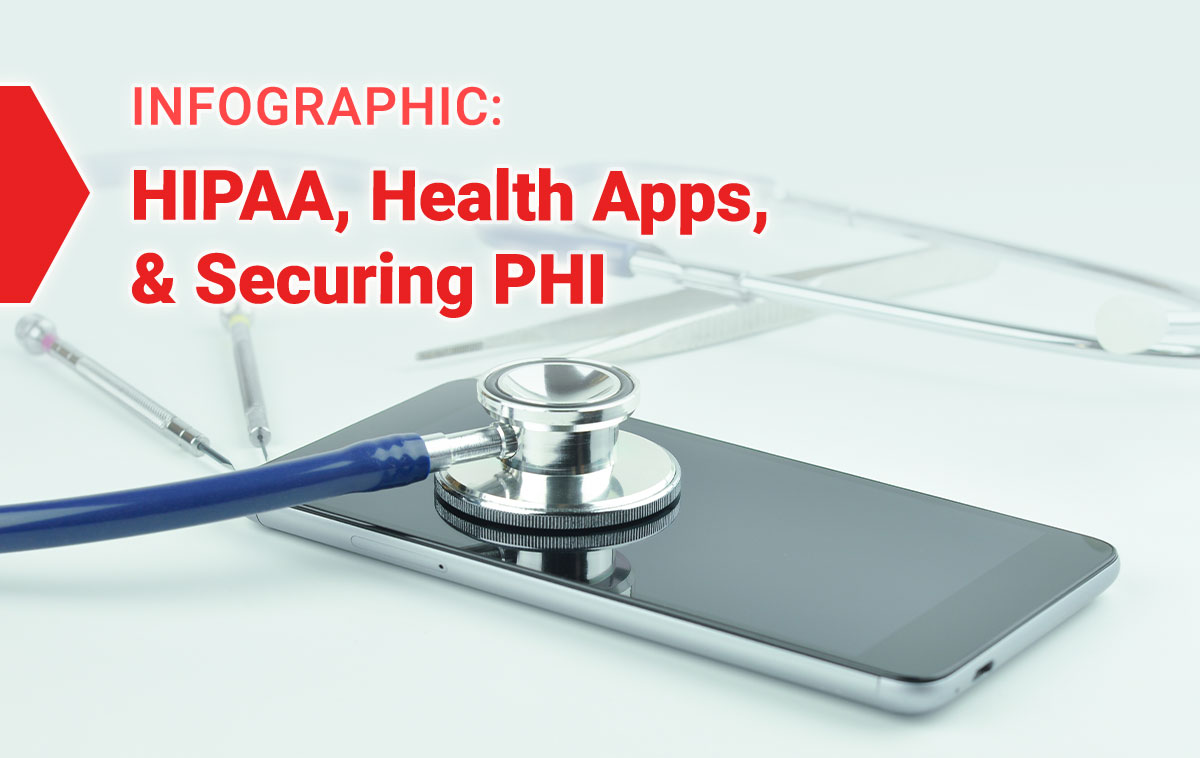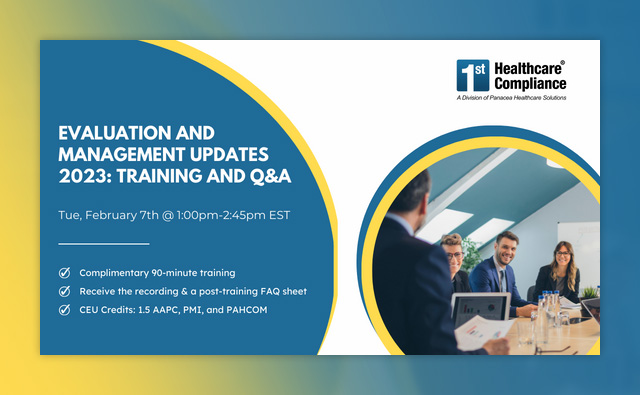
A Closer Look at the FTC and the Poaching of PHI
Join Rachel V. Rose's complimentary webinar on May 16, 12-1 pm ET, to learn about the increasing role of the Federal Trade Commission in the poaching of protected health information. The session will cover federal government initiatives, recent enforcement actions, risk mitigation measures, and implications of not obtaining appropriate consent.

The Increasing Role of the Federal Trade Commission in the Poaching of PHI – A Discussion of Better Help, GoodRx & Flo
Rachel V. Rose, JD, MBA, principal with Rachel V. Rose – Attorney at Law, P.L.L.C., Houston, TX will be presenting this informative webinar. Cybersecurity risk management and the potential for enforcement actions is not diminishing. An area of increasing interest by the FTC, the United States DOJ, and Congress is third parties taking sensitive data (especially by social media and search engine giants), including protected health information, without obtaining affirmative patient/consumer consent and benefiting financially. The U. S. Department of HHS, the agency tasked with enforcing HIPAA, also plays a critical role. The purpose of this presentation is to address different federal government initiatives, recent enforcement actions and incidents, and risk mitigation.

Infographic: HIPAA, Health Apps, & Securing PHI
Adapted from First Healthcare Compliance’s presentation with Rachel V. Rose, JD, MBA, principal with Rachel V. Rose – Attorney at Law, P.L.L.C., HIPAA and Health Apps, this infographic is a concise focus on the best steps to mitigate risk when dealing with sensitive protected health information (PHI).

Get to Know the 2023 E/M Updates: Training and Q&A Session Feb 7th
Executive Vice President of Coding & Documentation, Kathy Pride, RHIT, CPC, CCS-P, and Director of Coding & Documentation Services, Becky Jacobson, CCS-P, CPC, CPEDC, CBCS, MBS, CEMC, BSN at Panacea Healthcare Solutions will lead the complementary training and Q&A session, “Evaluation and Management Updates 2023: Training and Q&A” on February 7, 1-2:45 pm ET

Infographic: 6 Steps To Mitigate Risks with PHI
Adapted from First Healthcare Compliance’s presentation with Rachel V. Rose, JD, MBA, principal with Rachel V. Rose – Attorney at Law, P.L.L.C., "HIPAA and Health Apps,” this infographic is a concise focus on the best steps to mitigate risk when dealing with sensitive protected health information (PHI).
